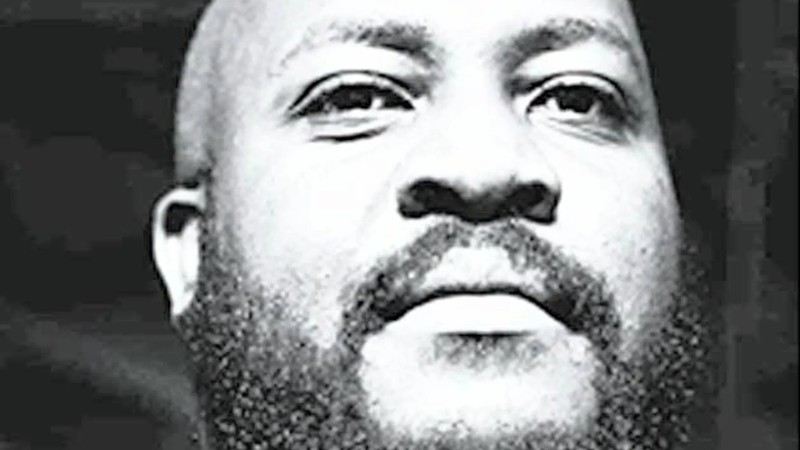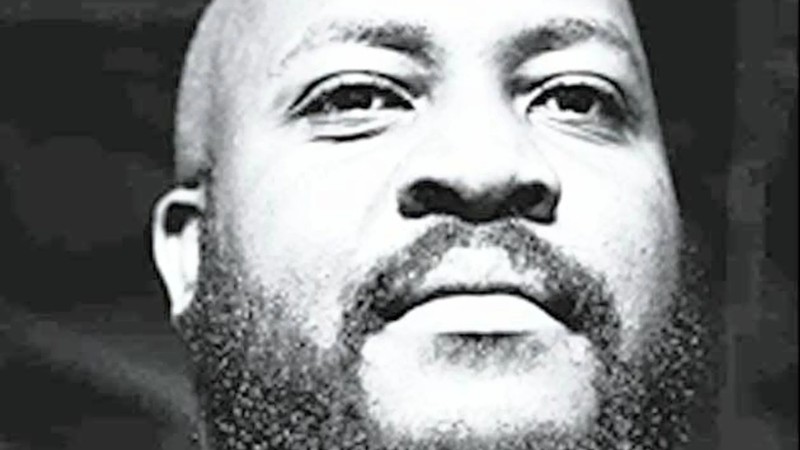
In the aftermath of a devastating corruption scandal at Tembisa Hospital, Shonisani Lethole’s mother is calling for urgent arrests and accountability, blaming fraudulent activities for her son’s untimely death after being starved by the Hospital.
In July, while battling Covid-19 at Tembisa Hospital, businessman Shonisani Lethole took to Twitter to urgently appeal to then-Health Minister Dr Zweli Mkhize, describing an unbearable experience.
“The staff didn’t seem to care, and I didn’t eat for 48 hours.” Tragically, Lethole passed away just five days after posting the tweet, prompting friends and colleagues to voice their outrage at the Gauteng Department of Health on social media.
Following these public outcries, Mkhize lodged a formal complaint with the Health Ombudsman, Professor Malegapuru Makgoba, who launched an investigation into the circumstances surrounding Lethole’s treatment and death.
In 2021, the Ombudsman’s report concluded that Shonisani had received “substandard and negligent” care that contributed directly to his death, asserting that it could have been avoided.
The investigation revealed horrifying details about how Shonisani was left unfed for over 100 hours and placed in a ward alongside both Covid-positive and negative patients, as well as near corpses.
Professor Makgoba found that Tembisa Hospital was ill-equipped and should never have been designated as a Covid-19 treatment facility.
“This hospital failed in its core duty,” he stated.
Speaking to on Thursday, Patricia Lethole described the family’s ongoing trauma and frustration:

“What is happening no longer surprises me, though it’s still too much to bear. Our family is still waiting for answers and justice. My son’s death was preventable, yet those responsible continue to avoid accountability.”
Patricia also revealed painful community divisions amplified by the scandal.
“The Maumela family, connected to the president, shares roots close to ours. It’s painful to see greed tearing communities apart. I refuse to be silent. I want those responsible held accountable-no exceptions.”
She called for systemic change and symbolic justice, proposing that hospital boardrooms be named after her son and whistleblower Babita Deokaran, who also suffered tragically.
“They are not coming back, but their names in the hospital would remind future decision-makers never to repeat these mistakes.”
Lethole, who also heads the Unisa Ekurhuleni Campus, revealed that some government officials offered to appoint her to the hospital board after her son’s death.
Still, she declined, emphasising her desire for genuine change over tokenism.
The scandal emerged from an explosive Special Investigating Unit (SIU) interim report revealing that corrupt syndicates bypassed standard procurement processes to embezzle over R2 billion from Tembisa Hospital.
The investigation was sparked by the murder of whistleblower Deokaran in August 2021.
Deokaran, an official at the Gauteng Department of Health, had uncovered rampant fraud involving suspicious payments spread across more than 200 companies totaling roughly R850 million; however, the SIU now estimates losses exceeding R2 billion.
The SIU implicated three syndicates, the Maumela syndicate, linked to Hangwani Maumela (nephew of President Cyril Ramaphosa); the Mazibuko syndicate, linked to Rudolph Mazibuko; and Syndicate X, which remains under investigation.
Patricia Lethole expressed the personal pain of these revelations.
“Hangwani’s mother grew up less than 5 km from my village. I never thought I’d see family ties broken by greed on such a scale. Tembisa Hospital, meant to be a place of care, has taken too much from our community.”
The investigation has implicated at least 15 current and former hospital employees, but calls for arrests and systemic reform remain urgent.
As the family continues to grieve and demand justice, they also urge the public and institutions—from media to churches—to hold the government accountable:
“Our hospitals belong not solely to the government but to us, the citizens. We cannot stay silent while corruption destroys lives.”
The tragic deaths of Shonisani and Deokaran stand as stark testaments to the deadly consequences of corruption in healthcare.
Politics
